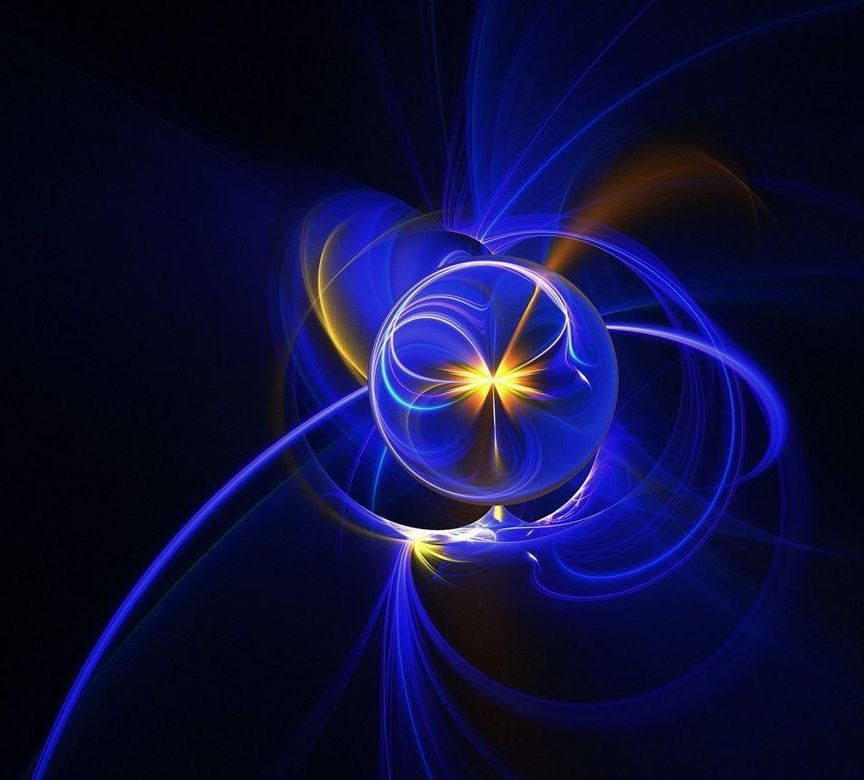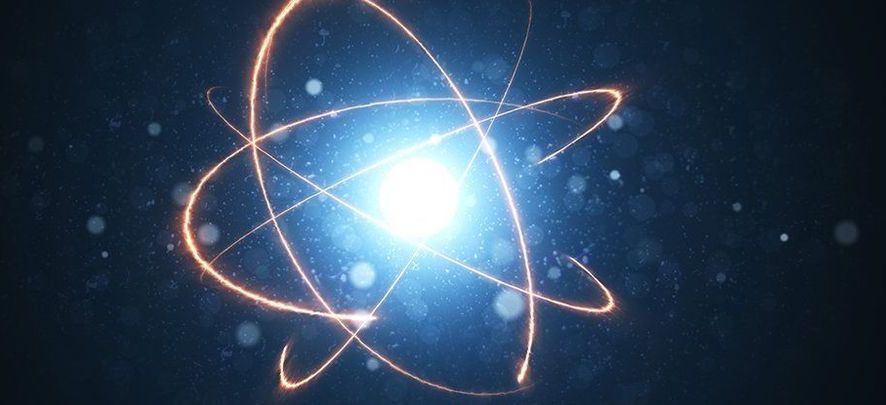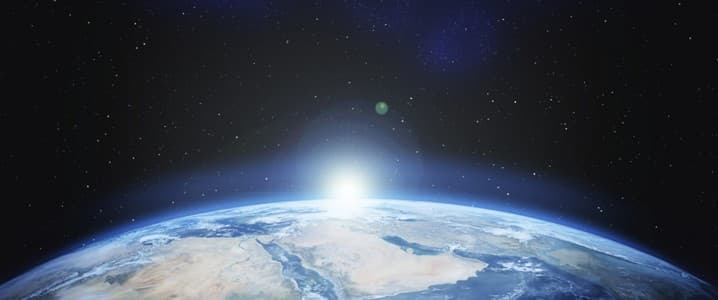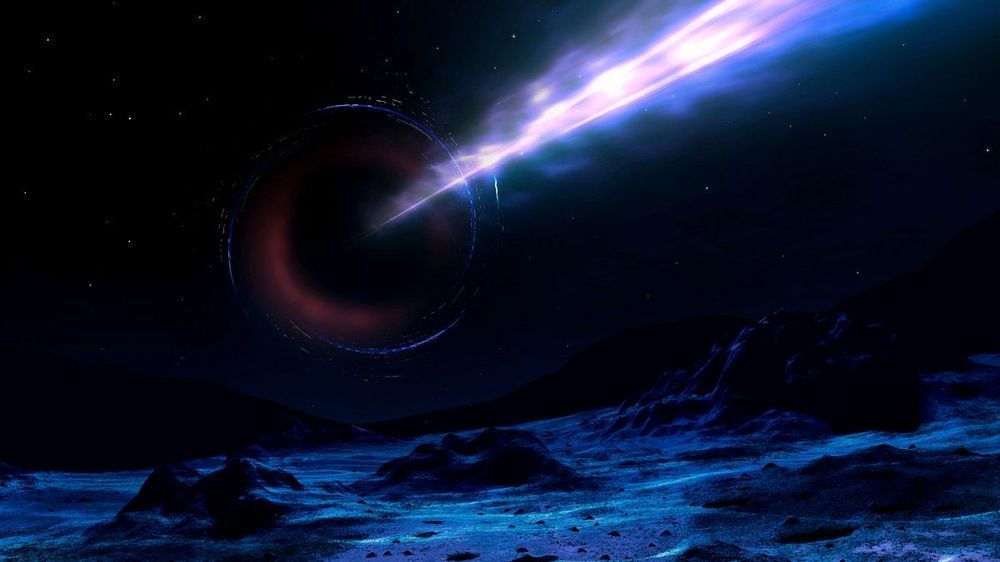Ira Pastor, ideaXme life sciences ambassador and founder of Bioquark interviews Dr Vitaly Vanchurin, PhD, Associate Professor, Theoretical Physics and Cosmology, Swenson College of Science and Engineering, at the University of Minnesota (UMN).
Dr Vanchurin’s big questions and the tools we need to answer them:
“What is the origin of our Universe? What determines our vacuum and the cosmological constant that is responsible for the observed accelerated expansion of space? What determines the onset of structure formation and the birth of galaxies in our Universe? Our innate curiosity about our beginnings has been, since time immemorial, and still is, at the heart of every human being. This age old question of our origin can now be addressed by applying the scientific method”.
Ira Pastor comments:
Today, we have a really exciting thought leader joining us on ideaXme who spends his time thinking about really BIG questions – Questions like: what is the origin of our Universe? What’s behind the cosmological constant (in Albert Einstein’s field equations of general relativity) that is responsible accelerated expansion of space? What determines the onset of structure formation and the birth of galaxies in our Universe? And many other fascinating topics.
Dr. Vitaly Vanchurin, is an Associate Professor, Theoretical Physics and Cosmology, Swenson College of Science and Engineering, at the University of Minnesota (UMN).






